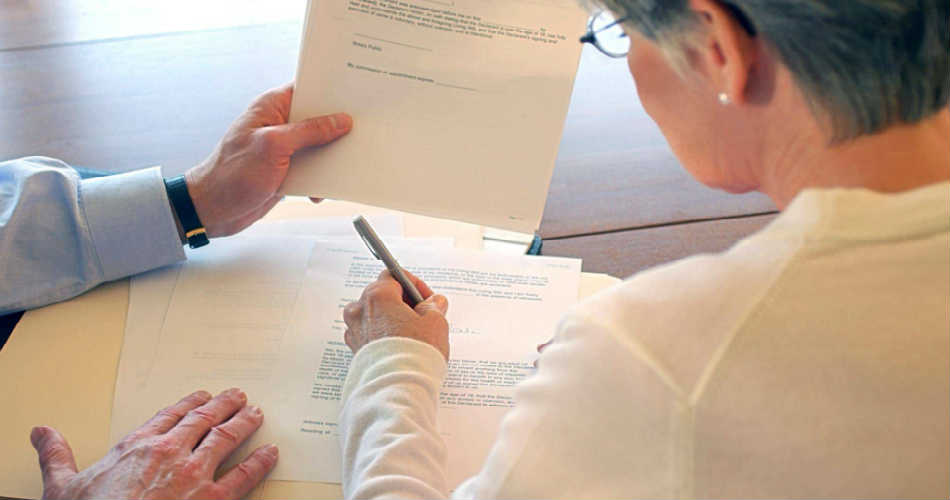There are many roles and duties that family lawyers may have to undertake throughout their careers and one which can arise is them being asked to act as an Independent Children’s Lawyer (ICL). Invariably, an ICL will be a family lawyer who has several years of experience and crucially, they will also have completed the ICL accreditation program which is recognised across the country.
Each ICL will be a family lawyer appointed by a court under the Family Law Act of 1975. Their primary role is to represent a child and see that their best interests are protected and promoted. Most instances of an ICL being appointed to represent a child are when that child’s parents are excluded from representing their child or unable to. Funding for ICLs usually comes from the Legal Aid Commission, although they can also be privately funded by one or both parents.
Circumstances In Which An Independent Children’s Lawyer Can Be Appointed By The Court










